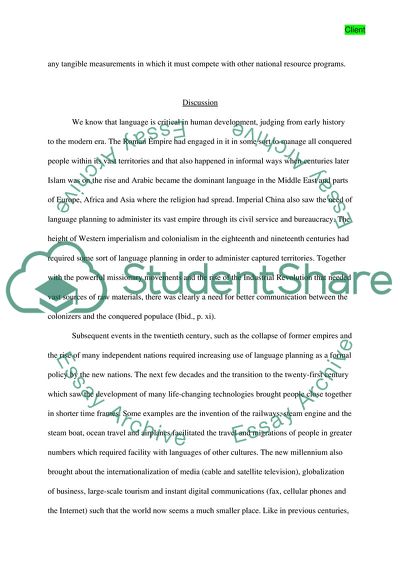Cite this document
(Why Does Language Matter to Political Philosophy Assignment, n.d.)
Why Does Language Matter to Political Philosophy Assignment. Retrieved from https://studentshare.org/politics/1727949-polity-study
Why Does Language Matter to Political Philosophy Assignment. Retrieved from https://studentshare.org/politics/1727949-polity-study
(Why Does Language Matter to Political Philosophy Assignment)
Why Does Language Matter to Political Philosophy Assignment. https://studentshare.org/politics/1727949-polity-study.
Why Does Language Matter to Political Philosophy Assignment. https://studentshare.org/politics/1727949-polity-study.
“Why Does Language Matter to Political Philosophy Assignment”, n.d. https://studentshare.org/politics/1727949-polity-study.


